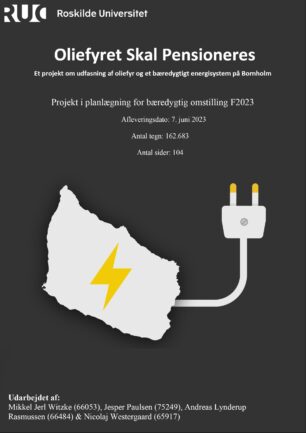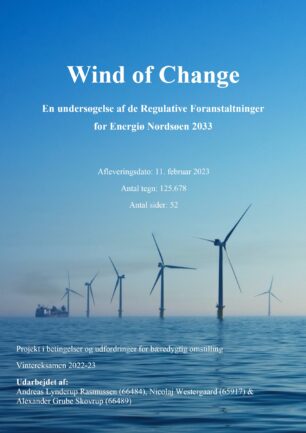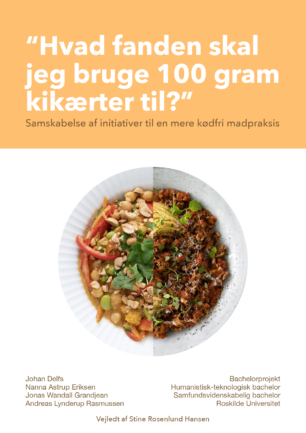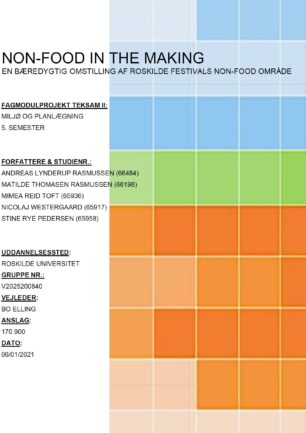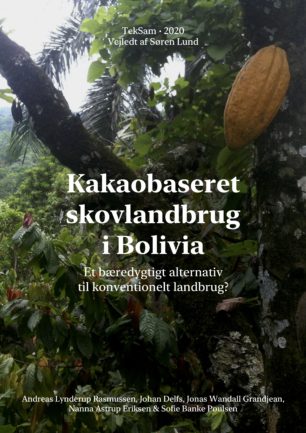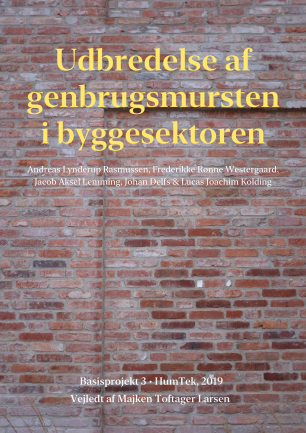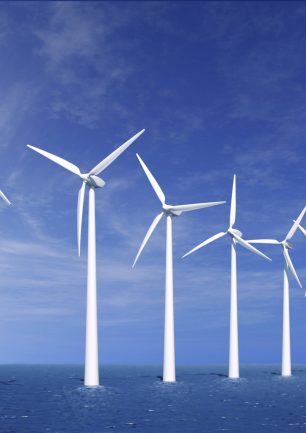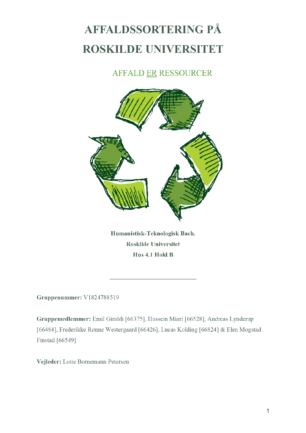Retirement of oil-fired boilers
This study investigates the transition to renewable and electrified heating on Bornholm. The municipality aims to phase out oil burners on by 2030 to achieve their carbon-neutral vision by 2040. The research examines socio-economic, cultural, and governance aspects. Findings highlight the potential of electrified solutions like heat pumps, addressing affordability and energy labels. Proposed measures include supporting heat pumps, collective heating, and digitization for efficient planning. Renewable energy expansion reduces reliance on imported biomass and baseload electricity.
